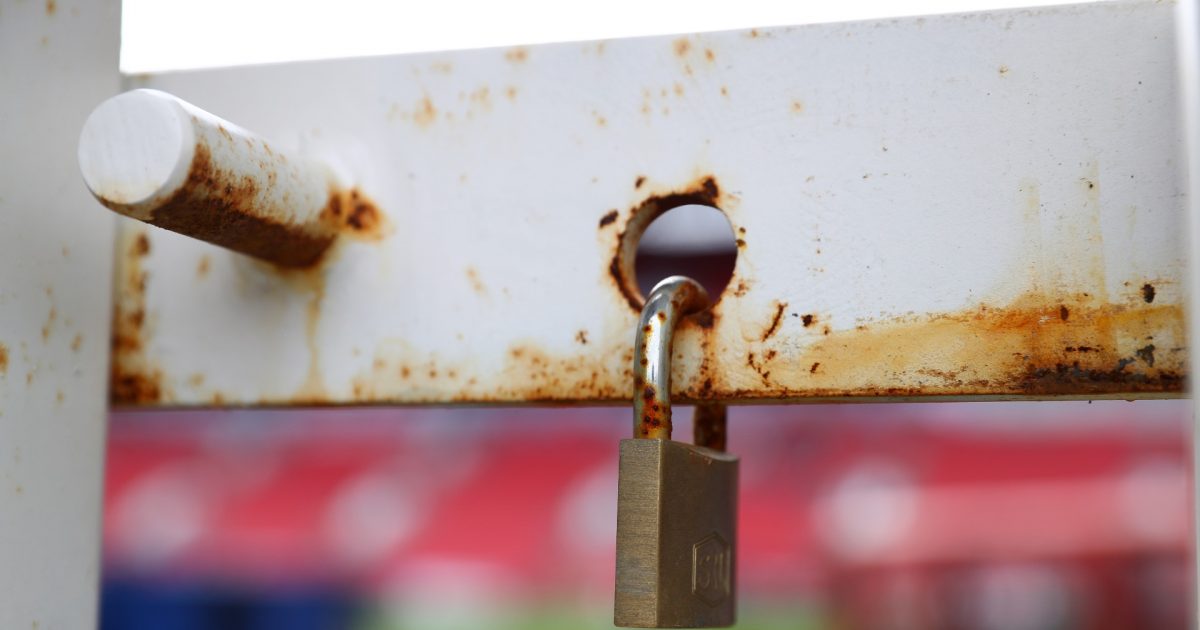Four-year ban for doping grassroots England player

A grassroots rugby player in England has been banned from all sport for four years for a failed drugs test, the second player this month to be suspended for that length of time at an RFU disciplinary hearing for doping.
Kurt Brown of Lydney RFC has been excluded from all sport for four years from March 13, 2020, until March 12, 2024, after an issue with an in-competition urine sample he provided after playing a match for the club on February 1 this year.
The sample was found to contain an adverse analytical finding (AAF) for S1.1 anabolic androgenic steroid, namely nandrolone, 19-norandrosterone and 19-noretiocholanolone, a non-specified substance on the World Anti-Doping Agency prohibited list 2020.
Brown was charged with a breach of World Rugby regulation 21.2.1, presence of a prohibited substance or its metabolites or markers in a player’s sample.
The scaffolder had suffered a shoulder injury in January 2019 and with pain continuing, the advice of a friend resulted in him injecting himself with Deca-Durabolin, a regime which began in May 2019.
"Useless" 😂@Mako_Vunipola isn't a fan of @maroitoje's music choices 🎶🎧
Watch O2 Inside Line | The Next Level ⬇️ #WearTheRose
— England Rugby (@EnglandRugby) October 21, 2020
In evidence contained in the written judgement on the case (click here), Brown explained: “I took the substance Deca-Durabolin… in summary, I took this drug to aid my recovery from serious injury so that I was able to work again and earn money necessary to support myself.
“At the time of suffering the injury I had retired from rugby, having been told by my doctor I would not play again. I stopped taking the drug on medical examination two months before I began playing rugby again having been given the all-clear to resume playing.
“My resuming playing rugby was a surprise, and at the time of taking the substance I did not envisage playing or participating in the sport again.”
Stephen Watkins, the RFU anti-doping and illicit drugs programme manager, said after the ruling: “All rugby players are subject to the anti-doping rules irrespective of level. This case highlights the importance of players only seeking advice on injuries and treatment from qualified medical personnel.”
It was the second four-year ban handed down this month to a player in England. On October 9, Arran Perry of Leighton Buzzard was banned from all sport for four years for doping after out of competition urine sample at his home in England on October 28, 2019, was found to contain an adverse analytical finding (AAF) for oxandrolone and its metabolites.
Quality insight from @SimonZebo on RugbyPass Offload this week to chat through his Heineken Champions Cup Final.
+ Six Nations Preview, Bledisloe and @DylanHartley on how Eddie Jones picked his squad 😳
iTunes – https://t.co/RQjBooi39u
Acast – https://t.co/Z9kWpo7Lvy pic.twitter.com/RxOdjDqxgu— RugbyPass (@RugbyPass) October 21, 2020




























